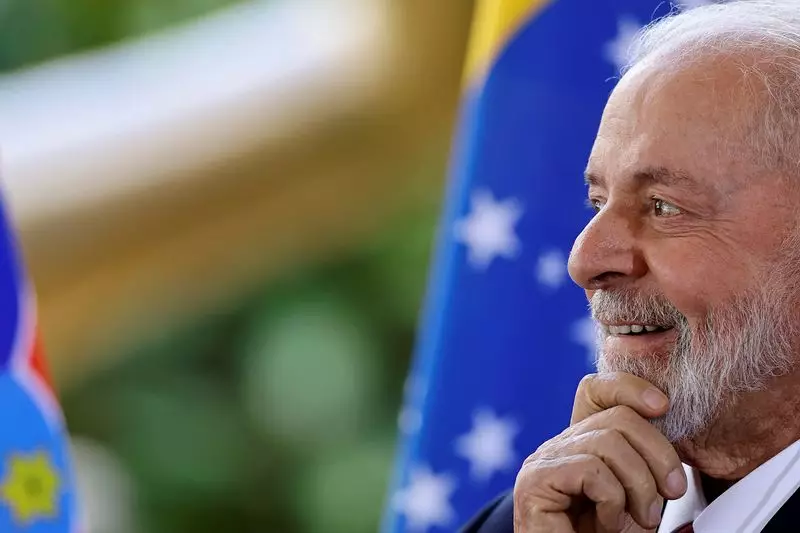Brazil’s President Luiz Inacio Lula da Silva expressed his willingness to consider Finance Minister Fernando Haddad’s spending cut proposals. However, he made it clear that any fiscal adjustments should not come at the expense of the poor. This suggests that the president is cautious about implementing measures that could further burden vulnerable populations in the country.
Support for Finance Minister
President Lula voiced his support for Finance Minister Haddad, emphasizing that he had full confidence in his chosen minister. This show of solidarity indicates a united front within the government, reassuring stakeholders and the public that key financial decisions are being made by a cohesive leadership team.
Minister Haddad’s focus on intensifying spending cuts faces challenges, particularly in areas like excessive public salaries and unlawful benefits. The recent rejection of a revenue-raising measure by the Senate raised concerns about the minister’s influence and the government’s ability to implement necessary reforms without facing backlash.
President Lula criticized the media for focusing solely on Brazil’s fiscal deficit without addressing the high interest rates in the country. He pointed out that celebratory events with the central bank chief in Sao Paulo may indicate a conflict of interest among certain parties profiting from the prevailing interest rates.
Brazil’s interest rates have seen a significant decrease since August, dropping by 325 basis points to 10.50%. Despite this, annual inflation reached 3.93% in May, slightly above the official 3% target. This discrepancy highlights the complex relationship between monetary policy, inflation, and economic stability in the country.
President Lula’s comments underscore the challenges and complexities of implementing fiscal adjustments in Brazil. While there is a recognition of the need for spending cuts and financial reforms, there is also a commitment to protecting the most vulnerable members of society. The government’s ability to strike a balance between fiscal responsibility and social equity will be crucial in determining the country’s economic trajectory in the coming years.

